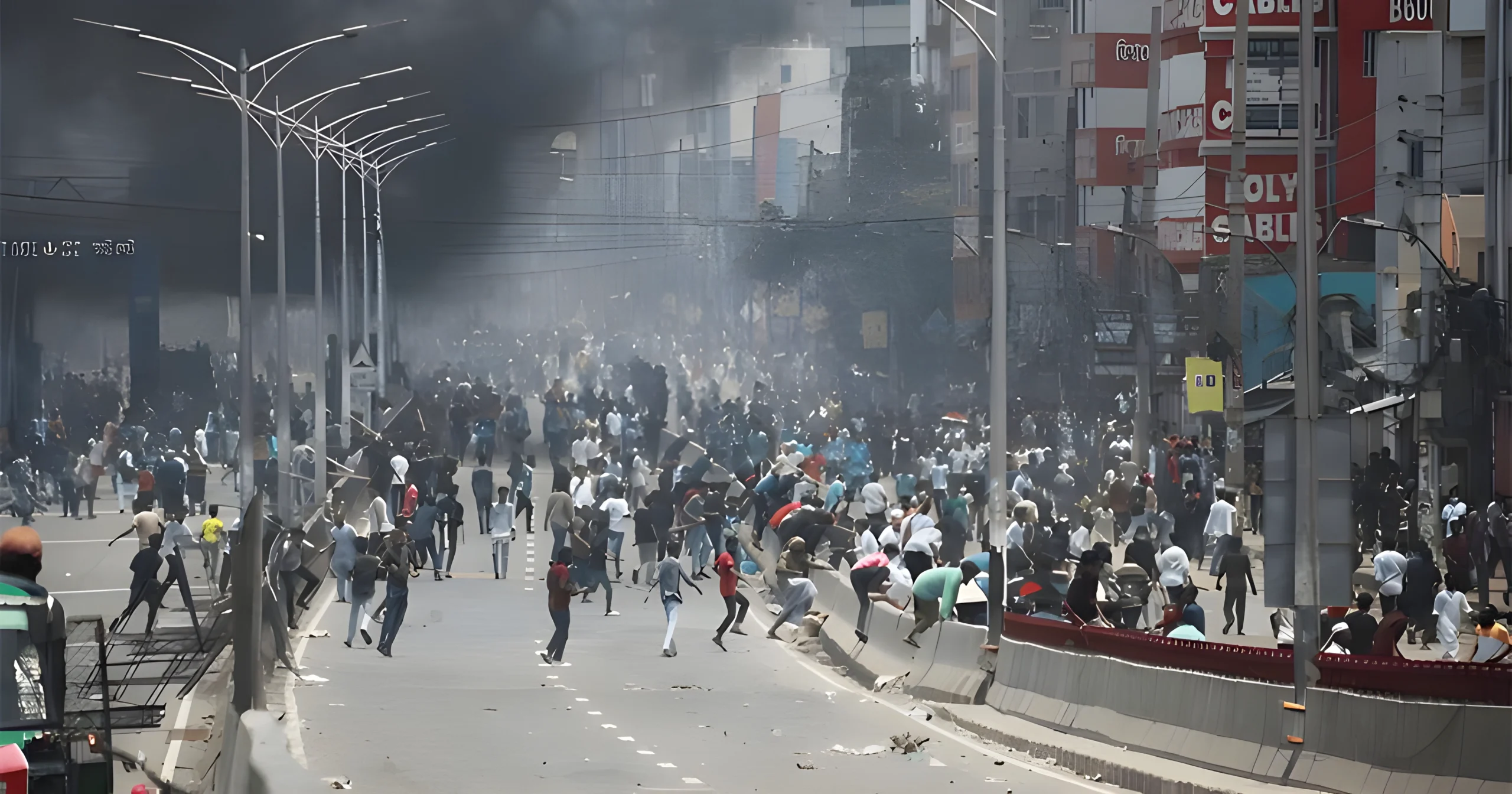The Students Against Discrimination group was at the forefront of the protest which started last month. The protest was against the quota system of the government and stopped after the Supreme Court judgment over the job on July 21. But it returned last week to accept the pre-equities like public demand for an apology from Hasina for the violence, the reconnection of the internet, reopening the colleges and universities as per schedule and to release the arrested members of the protest.
Thousands of Bangladeshi students have participated in the protest against the plan of the Government to reintroduce the job quota system. They decided to protest because 30 percent of the reserves of the public sector jobs are for the children, grandchildren, and other direct relatives of individuals who fought in the independence war. In 2008 it was initially abolished because of its unfairness for the common man there.
The protest started peacefully on the campuses of the university but soon it took a severe shape. The students started violent clashes. Prime Minister Sheikh Hasina ordered the police and Miltiray to stop the protest and they imposed a nationwide curfew and enforced an Internet blackout. Due to their strict reaction, 174 people died and more than 2500 were arrested. The violence resulted in severe injuries as well.
Bangladesh’s Supreme Court reduced the quotas and reserved 5 percent of jobs for freedom fighters’ families and 2 percent for ethnic minorities and other differently-abled people. The rest of the job will be given based on merit. But protestants now are demanding an apology from Hasina because due to her strict orders their people died and also the release of the detainees. They are asking for the resignation of the officials because they are responsible for the crackdown.
The protests further asked for fair orders. They highlighted issues like freedom, government accountability, and fair job access. The critics argue that the Awami League is using the quota system to maintain its power and control over state institutions such as the military and judiciary. The government, which is now under the power of Prime Minister Hasina has faced several challenges to the allegations of rigging elections and political repression.
Even though the country is already facing economic barriers over the last few decades recent challenges like high youth unemployment, inflation, and corruption have fueled the protests. The government’s dependence on IMF loans has worsened public discontent.
Bangladesh has a history of successful activism by students, but the current situation of protest and the political system with poor management and compromised state institutions make the path to broader change uncertain. The outcome of these protests remains to be seen.

